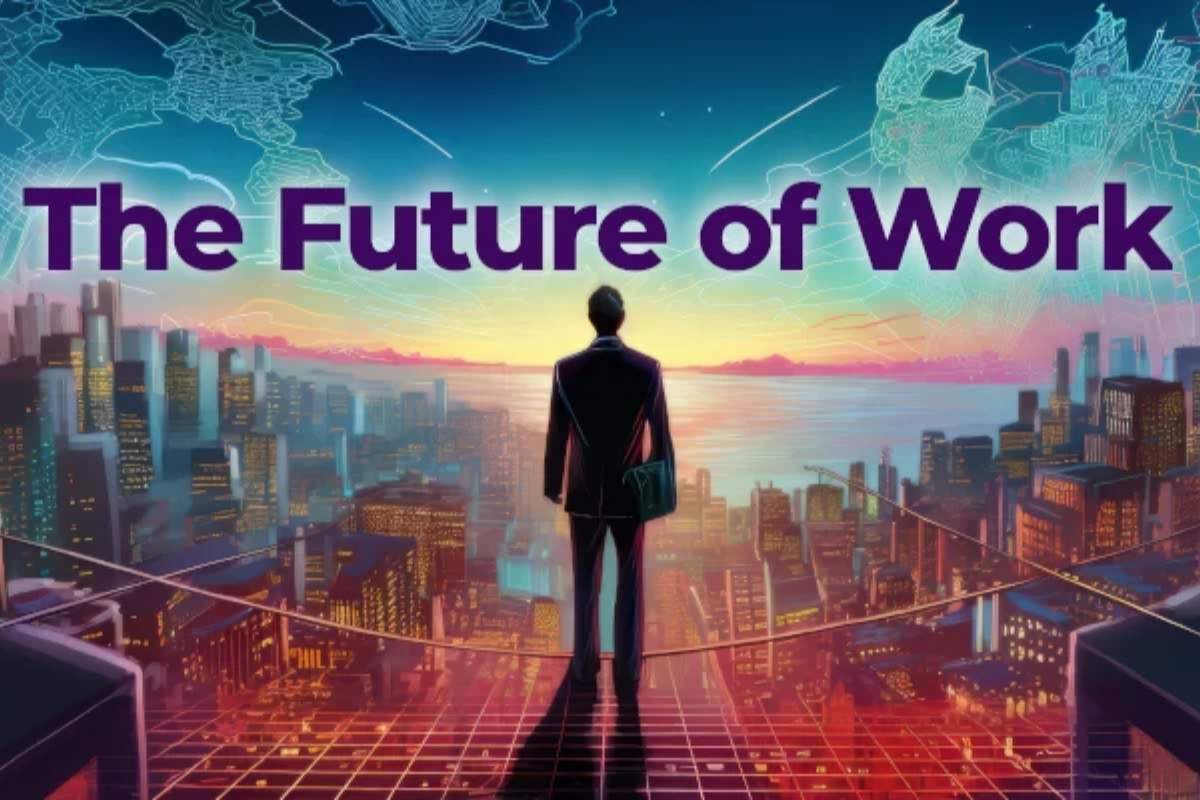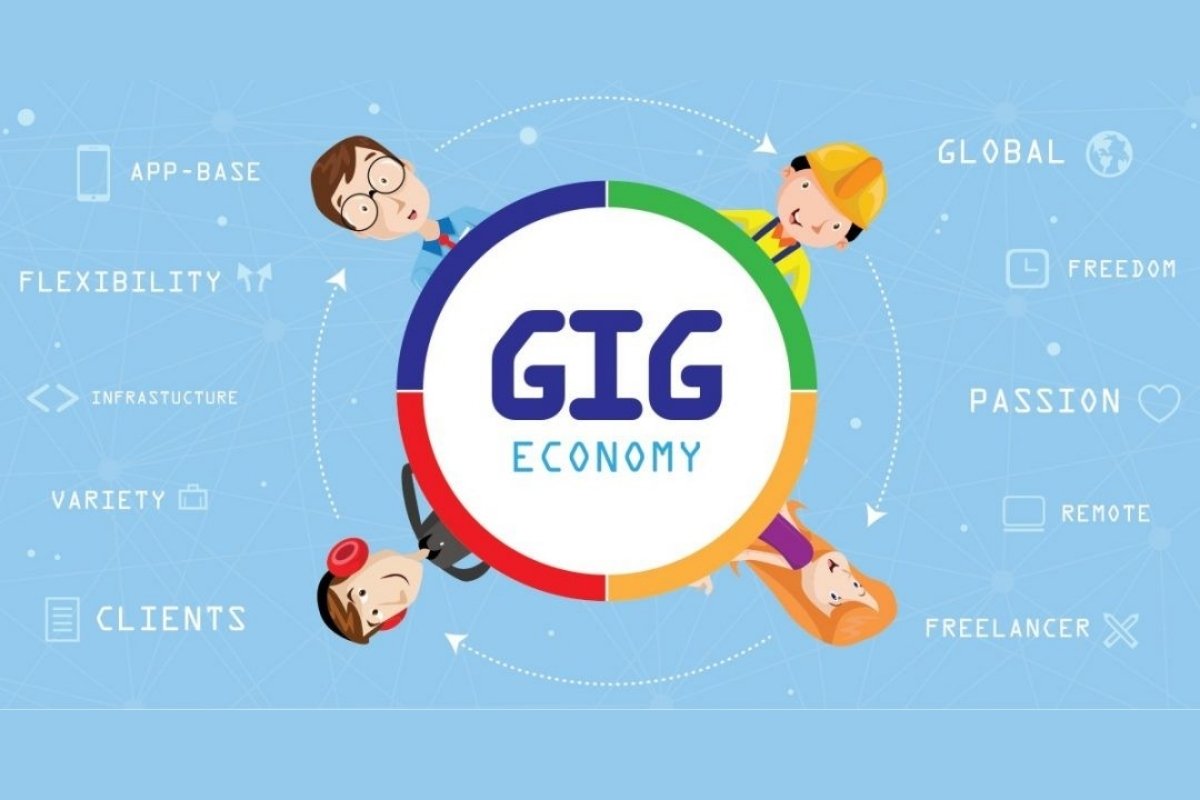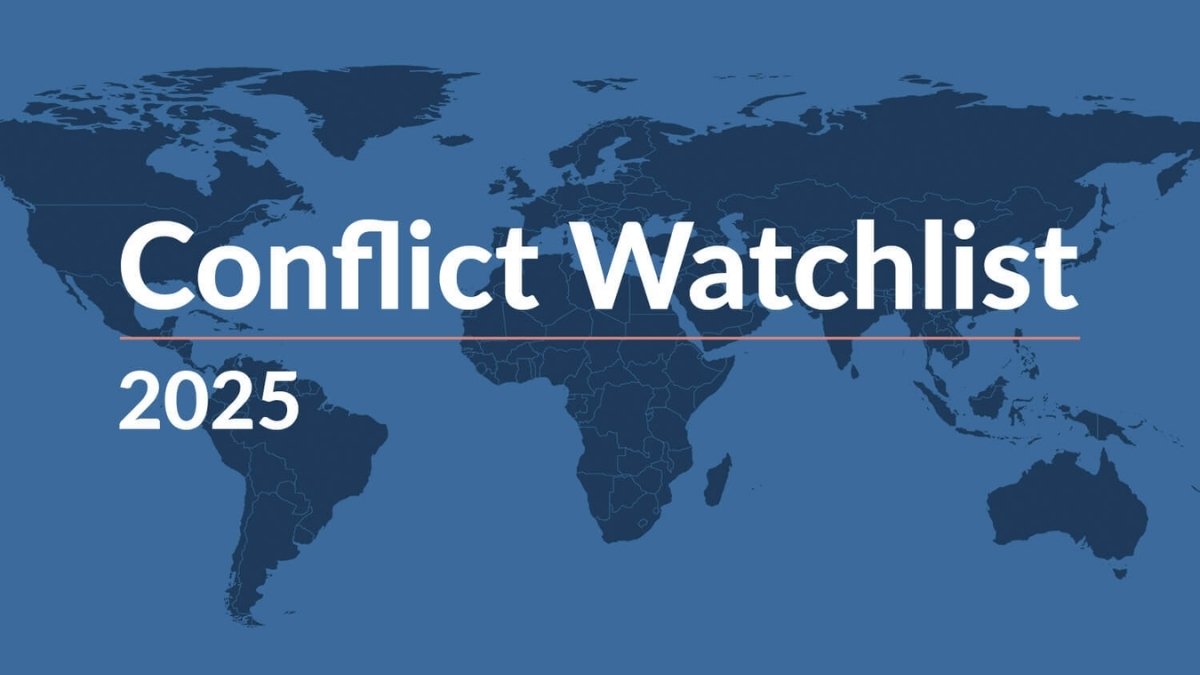Globalization has transformed the modern workforce, breaking down geographical barriers and creating new career opportunities worldwide. As businesses continue to expand their reach and integrate technology, professionals must adapt to evolving job markets, skill demands, and workplace structures. This article explores how globalization is redefining careers and what individuals can do to stay ahead.

1. Remote Work and Digital Nomadism
With advancements in technology and improved internet connectivity, remote work has become the new norm. Many companies are adopting hybrid work models, allowing employees to work from anywhere.
Key Impacts:
- Increased Job Opportunities: Professionals can work for international companies without relocating.
- Work-Life Balance: Flexibility in work hours and locations enhances overall well-being.
- Challenges: Time zone differences and communication barriers may require adaptation.
2. Automation and Artificial Intelligence (AI)
As AI and automation reshape industries, certain jobs are becoming obsolete while new roles emerge.
Key Impacts:
- Job Displacement: Routine tasks in manufacturing, customer service, and data entry are increasingly automated.
- Skill Shift: Emphasis on digital literacy, critical thinking, and problem-solving skills.
- Emerging Careers: Growth in AI ethics, machine learning, and robotics-related fields.
Read more: The Power of Microbiology: How Tiny Organisms Impact Our Lives
3. Gig Economy and Freelancing
The gig economy has gained momentum, providing workers with more flexibility and independence.
Key Impacts:
- Rise of Freelance Platforms: Websites like Upwork and Fiverr connect professionals with global clients.
- Income Stability Concerns: Freelancers must navigate inconsistent work opportunities and financial planning.
- Entrepreneurial Growth: More individuals are starting businesses or side hustles for income diversification.

4. Reskilling and Lifelong Learning
As industries evolve, continuous education is crucial for career advancement.
Key Impacts:
- Online Learning Boom: Platforms like Coursera and Udemy offer courses in emerging fields.
- Employer-Sponsored Training: Companies are investing in employee development programs.
- Adaptability: Professionals must embrace lifelong learning to stay competitive.
5. Global Collaboration and Cultural Awareness
Cross-border teamwork is now an integral part of many industries.
Key Impacts:
- Diversity in the Workplace: Employees work with colleagues from different cultural backgrounds.
- Communication Skills: Increased emphasis on language proficiency and cross-cultural understanding.
- International Career Mobility: More opportunities for professionals to work in different countries.
The future of work is continuously evolving, driven by globalization, technology, and changing workforce dynamics. Professionals must embrace adaptability, continuous learning, and cultural awareness to thrive in the global job market. As industries transform, those who stay ahead of trends will be best positioned for long-term career success.


